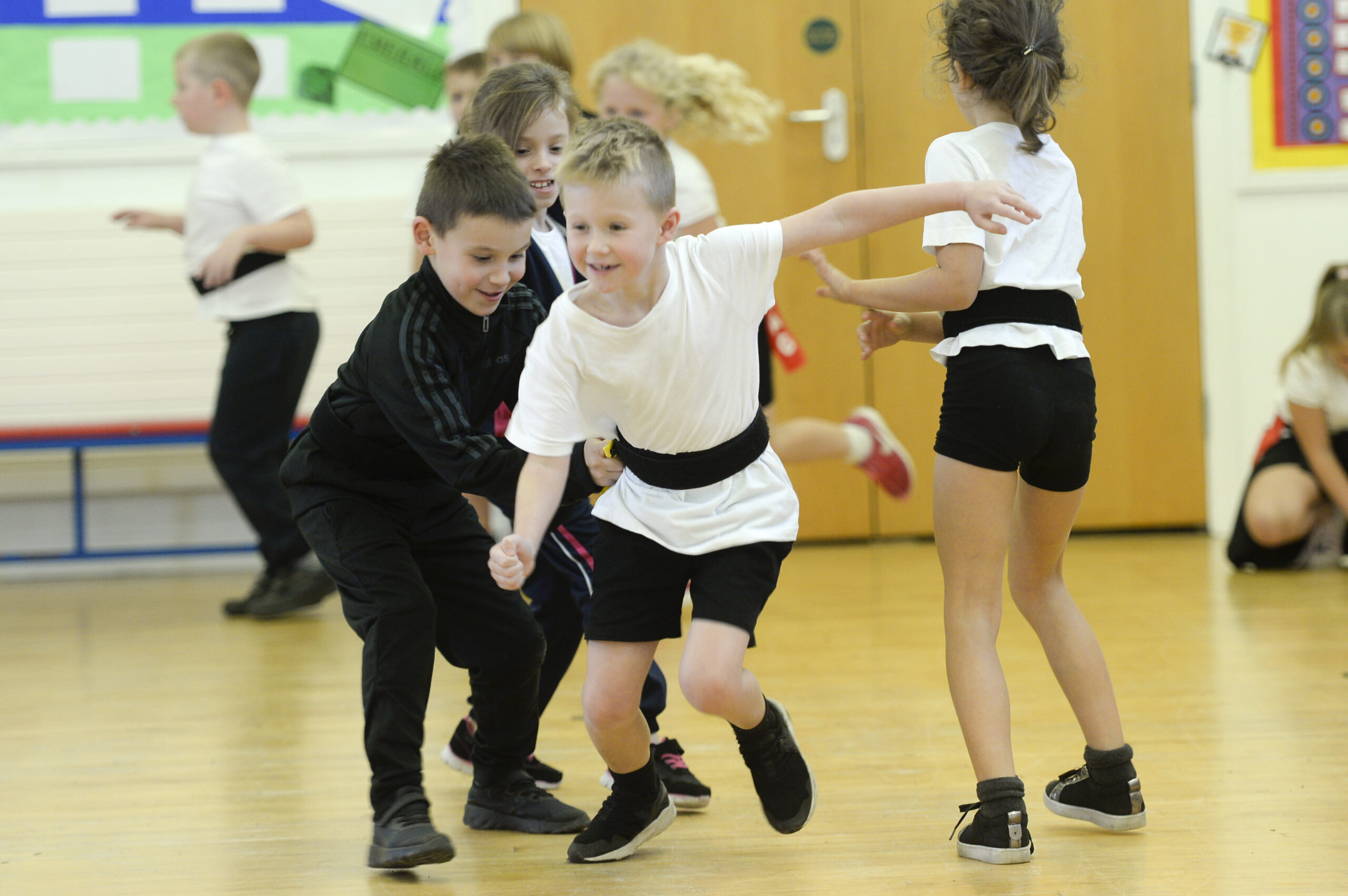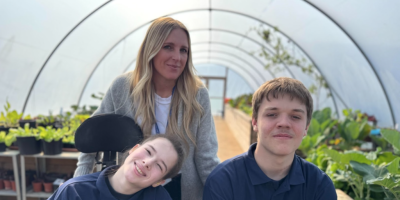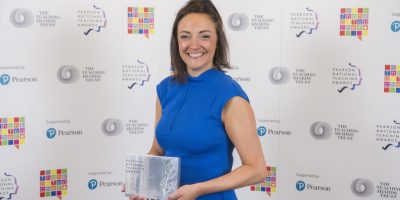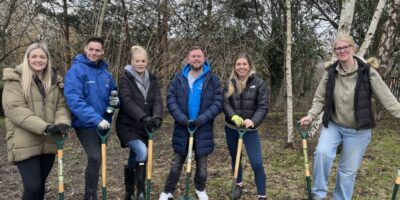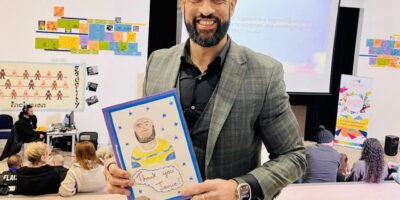By Hayley James
How do we create a culture in schools of competent, confident and reflective learners in their own physical development? The most recent PE Ofsted research review series (March 2022) suggests that assessment in PE should be “tightly focused on what pupils can do and how they can improve” so we need to find a balance between this and formative assessment. Is formative assessment necessary in PE or is this enabling us to generate underlying misconceptions before moving on to more complex aspects?
Self Assessment
Creating a self-motivating assessment process means that we can hand over the baton and give pupils more autonomy over their own learning. Giving children their own voice in both the PE curriculum and assessment opportunities can help to give them an insight into how to become a self-motivated athlete. But how can we achieve this?
Self assessment strategies should never be a standalone event, but can be advantageous as children are able to vocalise their perspective and revisit them where needed. Some examples of this approach include:
● Coloured cones, beanbags or hoops for children to RAG rate themselves before and after the lesson. A photo can be taken for evidence and the children and staff are able to look back on this to assess their progress.
● Individualised target cards for every PE concept taught.
● An in class self reflection area- online or practical. This can be a space for children to note down specific areas that they felt were a strength or an area for development. These are then available for staff to use for their own planning or children to reflect with.
The use of competitions:
Competitions can help children to bring all of their learned skills together, however this should not be used in isolation as a form of assessment. Children need the foundations to be able to understand how competitive sport works and also the fundamental skills that are needed to participate in the game. This can sometimes have a negative impact on their personal development if they aren’t ‘ready’ for competitive style activities either physically and/or mentally. Effective assessment should be carried out by the teacher to make sure that the individual is competent and confident for this next step.
On the contrary, competitions can help children with developing their skills from all
PE topics in being able to adapt the game using tactics. For example, they may pass the ball using different throwing techniques depending on the strengths and weaknesses of the opposition. This can help children begin to improve their understanding of how to bring the skills learned in a PE lesson to life in a game style situation.
In summary, self assessment and competitions; these are just two of the forms of assessment that we can choose depending on what is appropriate for our setting. There are so many more challenges that we face with assessment in PE which I have discussed in a recent JosieTV session, so please feel free to reference this for more information.

